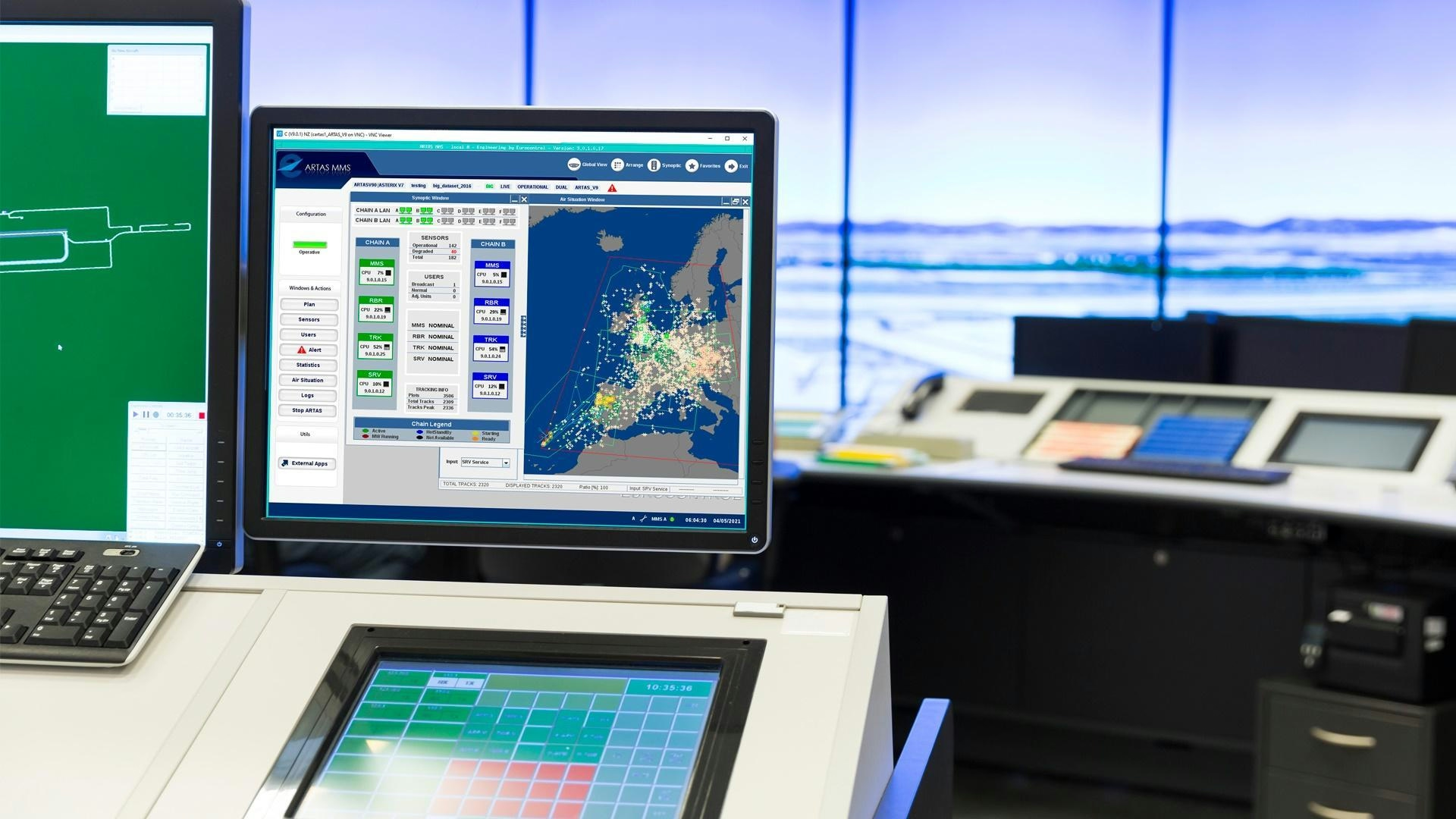AeroGenie — Ihr intelligenter Copilot.
Trends
Categories
DGCA Launches Centralized Software for Real-Time Flight Data Monitoring

DGCA Launches Centralized Software for Real-Time Flight Data Monitoring
Advancing Aviation Safety Through Centralized Oversight
The Directorate General of Civil Aviation (DGCA) is preparing to introduce a centralized software platform designed to monitor all aircraft in real time, representing a significant advancement in India’s aviation safety framework. This system, currently under development, will enable the DGCA to collect flight data directly from airlines and original equipment manufacturers (OEMs) through onboard software, facilitating comprehensive oversight of aircraft operations from departure to arrival.
DGCA Director General Faiz Ahmed Kidwai, during his recent visit to Nagpur, underscored the importance of this initiative as part of enhanced surveillance efforts. He explained that while aircraft continuously transmit extensive operational data, this information traditionally reaches only airlines or OEMs. The new centralized system aims to consolidate this data flow into a single platform, ensuring seamless and immediate access for regulatory authorities.
Tata Consultancy Services (TCS) has been appointed to develop the software, with completion anticipated within three to four months. Once operational, the platform will grant the DGCA direct, real-time access to critical flight parameters, significantly improving its capacity to identify and respond to safety issues promptly.
Challenges and Industry Response
The integration of this new system with existing airline and OEM infrastructures presents considerable challenges. Ensuring data accuracy, maintaining continuous real-time updates, and addressing resistance from stakeholders accustomed to legacy processes are among the primary obstacles. Initial reactions from airlines and other aviation stakeholders have been mixed, with skepticism particularly focused on data sharing protocols and the operational adjustments required. Nevertheless, industry experts expect a gradual shift toward acceptance as the benefits of enhanced monitoring and improved safety oversight become increasingly apparent.
The introduction of centralized monitoring is also likely to influence competitive dynamics within the aviation sector. Some operators may adopt similar technologies to enhance their own data monitoring capabilities, while others might lobby against regulatory changes that favor centralized oversight. Regardless, this move is poised to establish a new benchmark for aviation safety standards across the region.
Strengthening Domestic Maintenance and Operational Efficiency
In parallel with the software initiative, the DGCA is intensifying its scrutiny of aircraft spares held by airlines to further bolster safety standards. Kidwai highlighted a notable reduction in the number of flights grounded for technical reasons, which has fallen from 100 to 50 in recent years, attributing this improvement to ongoing reviews and tighter monitoring.
During his visit to Nagpur, Kidwai also assessed the capacity of the city’s two major aircraft maintenance, repair, and overhaul (MRO) facilities—Air India Engineering Services Limited (AIESL) and Indamer Technics Private Limited. He emphasized the strategic importance of shifting a greater share of engine overhaul work to domestic MROs, noting that a significant portion currently takes place abroad. This shift, he explained, would reduce aircraft turnaround times and conserve foreign exchange.
With engine maintenance constituting approximately 40% of total aircraft maintenance activities, the DGCA is actively encouraging airlines to deepen collaboration with domestic MRO providers. Leveraging local technical expertise and infrastructure is expected to strengthen India’s aviation ecosystem and diminish dependence on foreign maintenance facilities.
As the DGCA advances its centralized monitoring system and promotes greater reliance on domestic maintenance capabilities, the Indian aviation sector stands on the cusp of a transformative era in safety and operational efficiency.

Emirates Unveils Cabin Design for New Boeing 777X

Eighteen Years On, the Airbus A380 Remains Central to a $34 Billion Airline

How a boom in luxury airline seats is slowing down jet deliveries

Navitaire Outage Attributed to Planned Maintenance

Airbus Plans Record Delivery of 870 Aircraft in 2026

DigiYatra Debuts Outside Aviation at India AI Impact Summit

Vietnam Orders Strengthen Boeing’s Commercial Outlook

Airbus Signals Uncertainty Over Future A400M Orders

JobsOhio Awards $2 Million Grant to Hartzell Propeller for Innovation Center

Collins Aerospace Tests Sidekick Autonomy Software on YFQ-42A for U.S. Air Force CCA Program
